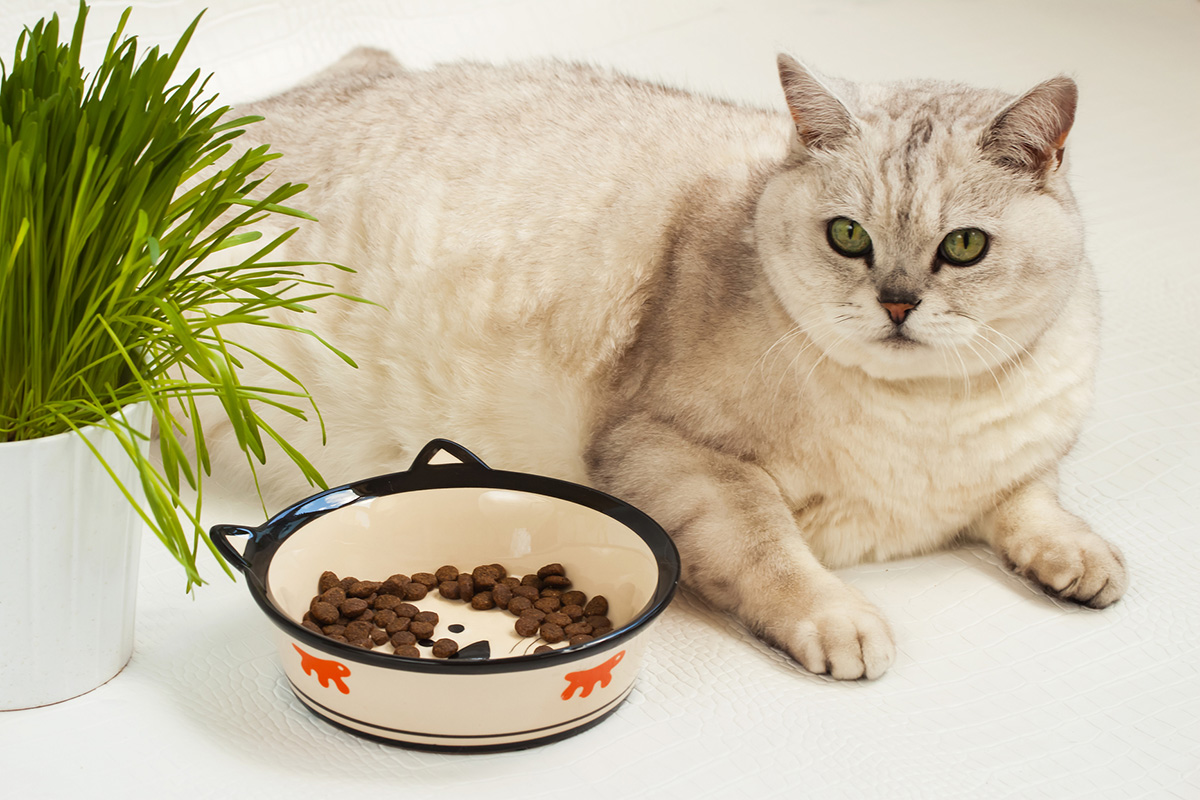This Wednesday, October 12, is Pet Obesity Awareness Day. As humans, we often commiserate about our weight, especially when it affects our health and well-being. When it comes to our family pets, their weight is just as important. Obesity is a serious issue impacting the health of numerous animals across the country. Naturally, we pet owners like to indulge our pets in delicious treats, or an extra serving of their favorite food. We love seeing their excitement when they hear the shaking of the treat bag or a new can of food opening. However, when this is done outside of moderation, we do more harm than good for our pets.
Pet Obesity Statistics and Effects
According to the Association for Pet Obesity Prevention, approximately 58% of cats and 54% of dogs in the United States are obese or overweight. For dogs, 41.9 million are estimated to be overweight or obese, with 26.1 million estimated to be overweight and 15.7 million estimated to be obese. When it comes to the cat population, 49.9 million are estimated to be overweight or obese, with 23.7 million estimated to be overweight and 26.2 million estimated to be obese.
While an extra treat or a bit more kibble may not seem problematic, overtime, your pet will gain additional weight. When your pet grows obese or overweight, their health and quality of life will deteriorate substantially. Pets with weight problems are at-risk to develop diseases, such as type 2 diabetes or high blood pressure. In addition, the weight increase will put stress on the pet’s body, leading to various joint and bone related problems. An overweight or obese pet is less active, experiencing trouble walking, playing, or breathing. A healthy, active pet has a more enjoyable life and a greater life expectancy.
How to Prevent Pet Obesity
With pet obesity on the rise, this issue is more relevant and more important than ever before. To proactively tackle this issue, awareness is the first step. Talk to your vet—learn about your pet’s current weight, what is the ideal weight for their type/breed, and and what foods he or she recommends. Be aware of what caloric intake is appropriate for your pet, and match that against your pet’s food and how much he/she eats. Limit the number of treats your pet eats and keep count of the calories for each. Seek out healthier pet treat options that rank high in taste and nutritional value. By making your pet’s health a priority, they can live a long and wonderful life.

